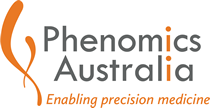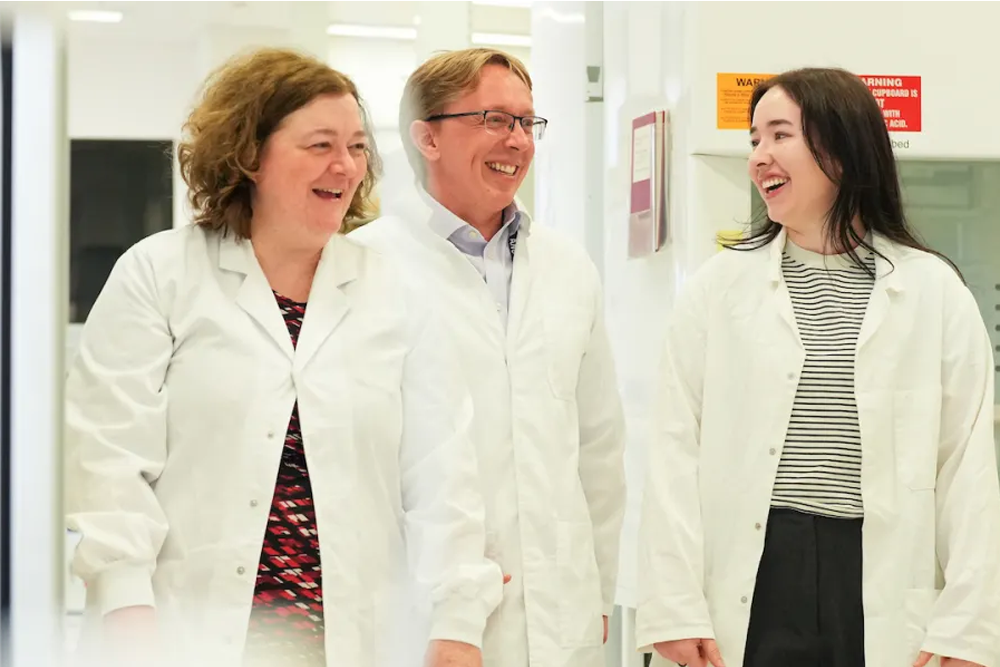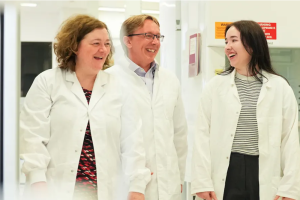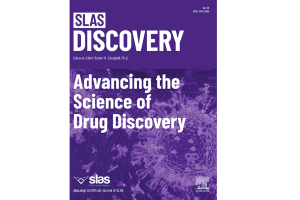The newly established Canberra Clinical Phenomics Service (CCPS) at the Australian National University (ANU) is set to develop a clinical facility dedicated to developing tests for complex diseases. CCPS has received a $2.8 million grant from the Australian Government’s Medical Research Future Fund (MRFF) under the National Critical Research Infrastructure Initiative, with support from Phenomics Australia, joining a $525,000 grant from the ACT Government Priority Investment Program and investment from ANU to bring this project to fruition within the next three years.
This story was first published at JCSMR website.
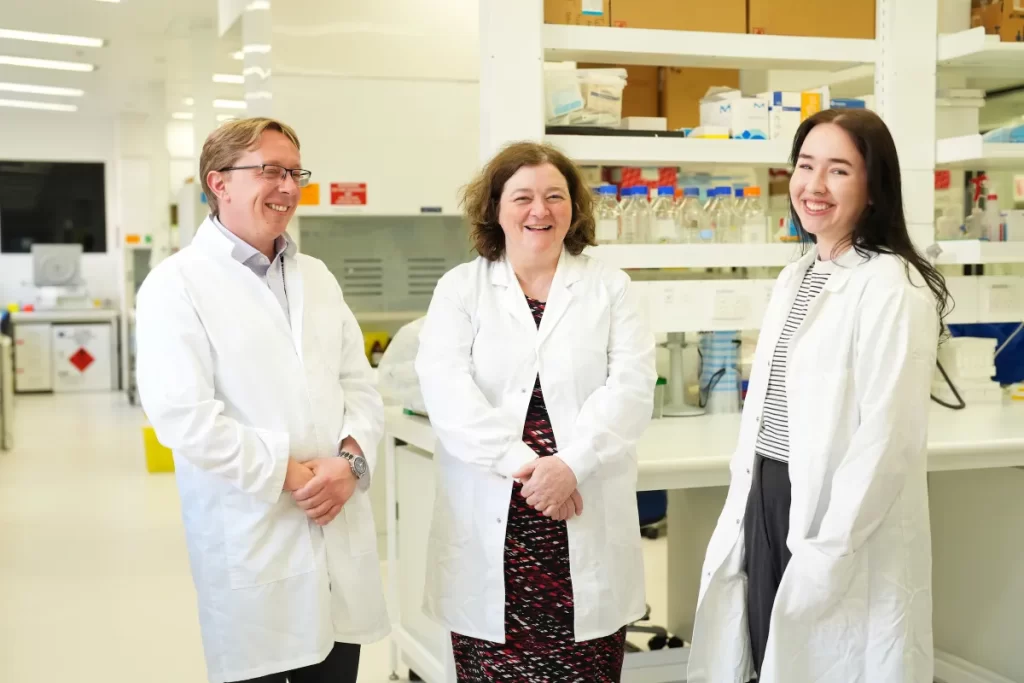
CCPS, founded under ANU’s John Curtin School of Medical Research (JCSMR), aims to enhance the understanding of the mechanisms of complex disease and to aid in the diagnosis, and monitoring of treatment, of complex diseases. For individuals with rare immune disorders, including autoimmune disease, autoinflammatory disease and immunodeficiency, conventional diagnostic methods often fall short. CCPS will address this gap by providing specialised analysis of human blood samples for markers of immune and inflammatory conditions.
“The MRFF support of this facility will strengthen our School’s link between fundamental discovery science and clinical collaboration, providing great benefits to both research efforts and to patients across the ACT” said Professor Elizabeth Gardiner, Director of the John Curtin School of Medical Research.
“Researchers will be able to confirm immunophenotypes at a clinical standard, and clinicians who identify phenotypes using the new infrastructure will deploy Phenomics Australia’s bioengineering and disease modelling capabilities to more thoroughly investigate the underlying mechanisms of disease”, Phenomics Australia CEO, Prof. Michael Dobbie said.
Inflammatory diseases like Crohn’s disease and rheumatoid arthritis are driven by small proteins called cytokines. Currently, there are no accredited pathology tests for cytokines in Australia, making it challenging to target drugs appropriately and diagnose certain inflammatory diseases. Myositis, inflammatory neuromuscular diseases leading to significant disability, take an average of five years to diagnose.
The grant will fund the development of a facility capable of performing diagnostic-grade testing for cytokines and the cells that produce them. This will enable research that can be immediately applied in clinical settings, hoping to improve patient outcomes by providing more personalised information about their immune system.
“Bringing cytokine testing and deep immunophenotyping out of the research labs and making it an available testing tool for clinicians, will be life changing. Our congratulations and thanks to the dedicated team of researchers involved in this study.” said Christine Lowe and Anita Chalmers OAM, the President and Secretary of Myositis Association – Australia.
“It will be exciting to bring cutting-edge research tests to the bedside to improve patient care” said Associate Professor Katrina Randall, Director of CCPS, Clinical Director of Immunology at Canberra Health Services, and ACT Health Research and Innovation Fund Fellow.
